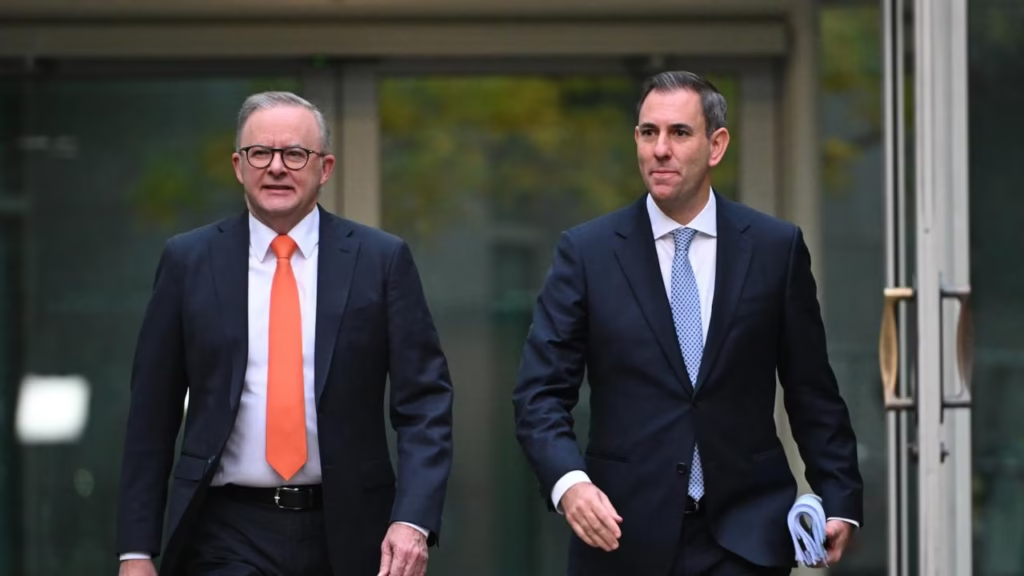Australia’s $1.1BN Bet on Low-Carbon Liquid Fuels: Albanese Government Unveils Ambitious Plan to Slash Emissions and Turbocharge Economy
- The Albanese government is investing $1.1 billion to drive local production of low-carbon liquid fuels, aiming to replace traditional petrol with cleaner alternatives
- Liquid fuels account for 32% of Australia’s total emissions, making this transition crucial for hitting net-zero targets
- The move is expected to create a $36 billion industry, reduce emissions by 230 million tonnes by 2050, and generate new jobs in regional areas
The Albanese government has launched a bold bid to transform Australia’s energy landscape, injecting $1.1 billion into a new program to develop low-carbon liquid fuels. The ambitious initiative aims to replace traditional petrol with cleaner alternatives, made from feedstock such as canola, sorghum, and sugar, in a move that could slash emissions and turbocharge the economy.
According to Treasurer Jim Chalmers, becoming a world-leading producer of low-carbon liquid fuels presents a “really big chance” for Australia to be part of a growing global supply chain. “This is a critical step in our journey to net zero,” he emphasized.
The program, announced at the Ampol refinery in Brisbane, will provide competitive grants to encourage private sector investment in on-shore production of lower-emissions fuels. The funding will be provided over 10 years, with eligibility details to be finalized later this financial year.
Climate Change Minister Chris Bowen hailed the initiative as a path to cut emissions in sectors that are “hardest to clean up”. “We have 2 billion liters’ worth of projects in the pipeline, many of which are ready to scale up production,” he said. “A new thriving domestic industry with more jobs in our regions, from farmers growing the inputs to workers refining the fuels of the future, is within our reach.”

The move has been welcomed by industry stakeholders, including the Low Carbon Fuels Alliance of Australia and New Zealand, which represents over 300 stakeholders involved in the sector. Shahana McKenzie, the founder of the alliance and CEO of Bioenergy Australia, described the announcement as a “turning point” for the industry, providing companies with the confidence to invest, innovate, and build in Australia.
The National Farmers Federation has also praised the “significant” investment, highlighting the potential for job creation, farm business diversification, and regional development. “This isn’t just about cleaner fuels,” said Su McCluskey, the organization’s interim CEO. “It’s about creating jobs, diversifying farm businesses, and ensuring our regions remain at the forefront of Australia’s transition to net zero.”
The Albanese government’s commitment to low-carbon liquid fuels comes ahead of the anticipated release of its 2035 emissions reduction target and detailed pathways to decarbonize six sectors of the economy, including transport and agriculture.
The landmark national climate risk assessment report, released on Monday, warned of the severe and far-reaching social and economic consequences of the climate crisis for Australia. The government’s plan to replace traditional petrol with cleaner alternatives is seen as a critical step in mitigating these risks and achieving a net-zero future.

